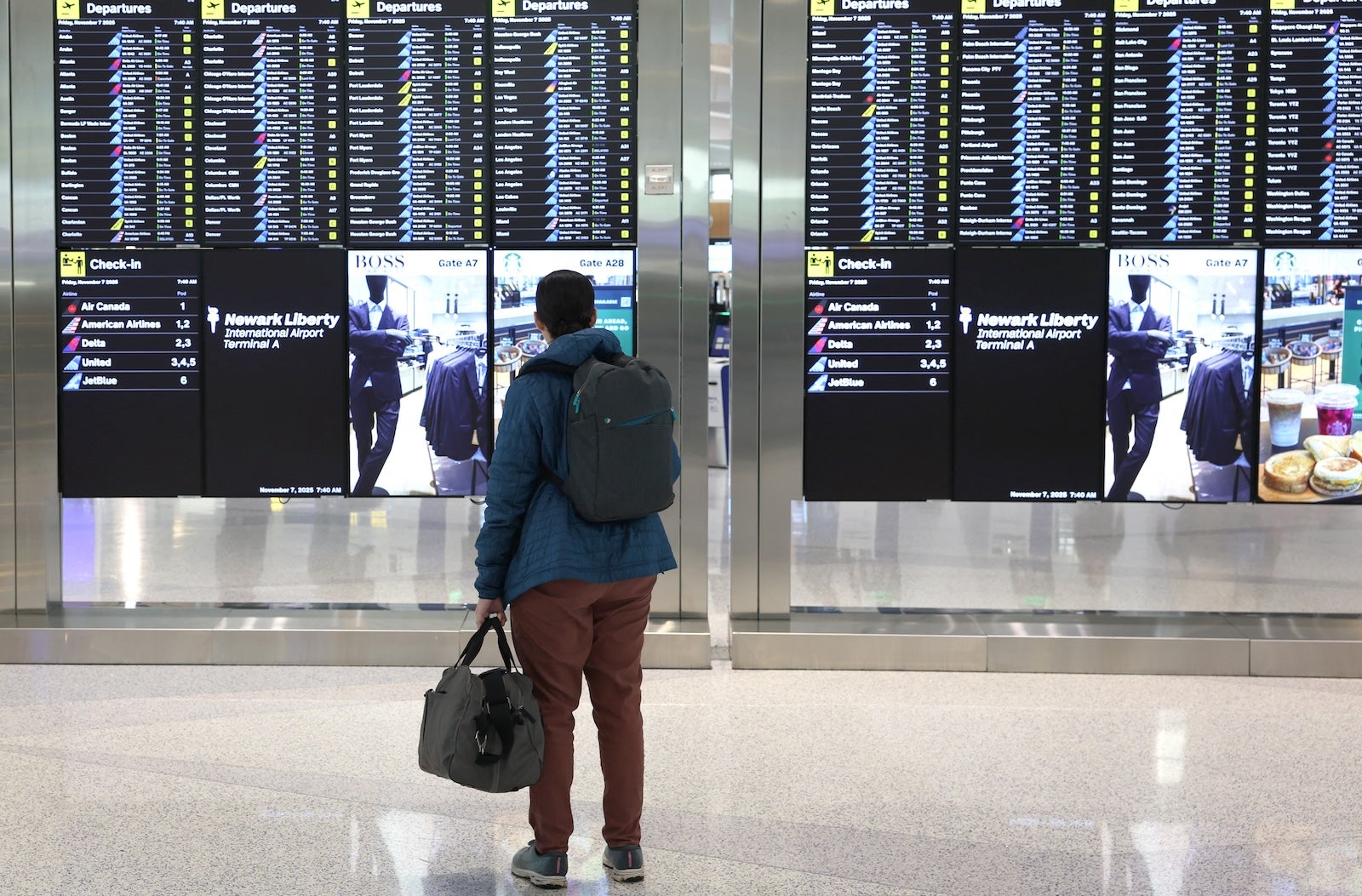Mass flight cancellations begin at 40 major airports: What should you do if you're flying?
Editor's Note
Mass flight cancellations have begun, and travelers are feeling the impact all across the country.
Airlines scrapped more than 800 flights on Friday, the first day the Federal Aviation Administration imposed flight limitations at dozens of the nation's busiest airports.
Hundreds of additional cancellations are already piling up for the weekend — and could reach the thousands, daily, by next week.
And, fewer flights taking off isn't slowing delays, either.
Staffing problems triggered backups across a large swath of the country late Friday, and one busy East Coast hub warned of "significant" disruptions.
The FAA's crackdown comes as the federal government shutdown dragged on, fueling callouts at already short-staffed air traffic control facilities as critical aviation sector employees continue to go without a paycheck.
"It's kind of a recipe for disaster if something wasn't done," said longtime air traffic control expert Margaret Warren, a professor at Embry-Riddle Aeronautical University. "Those controllers have been pushed to their limits."
Still, it has left passengers with a flight planned in a state of limbo, wondering if their flight would take off on time (or at all).
A 4% cut in air travel this weekend
The Trump administration's limits on flights started gradually on Friday and are set to accelerate next week.

In an order filed Thursday evening, the FAA imposed a 4% reduction in air traffic at 40 of the country's busiest airports, effective Friday, which will carry into next week.
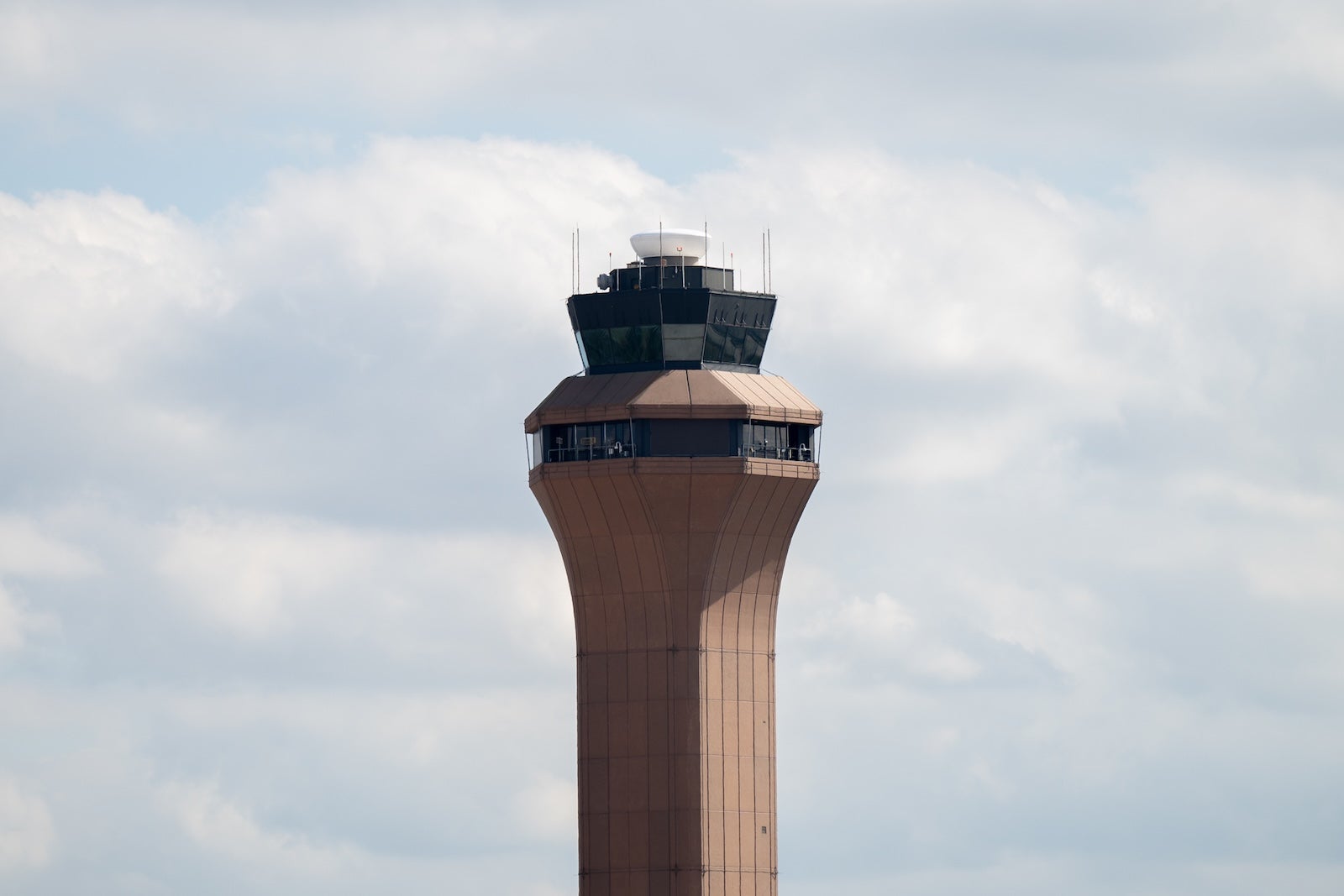
Beginning Tuesday, up to 6% of departures from those airports will be shuttered. Cancellations will climb to 8% by Nov. 13 and hit one in 10 flights by Nov. 14.
Here's the full list of airports the FAA focused its cuts on. However, know that the disruptions are sure to be felt by travelers in nearly every pocket of the country — from the busy Northeast to the Great Plains, the Deep South, the West Coast, Alaska and Hawaii.
How airlines are handling the cancellations
Airlines scrambled to issue travel waivers, allowing passengers more flexibility to make changes to their itineraries. On most airlines, even travelers flying on an ordinarily restrictive basic economy ticket can now make fee-free changes.
Plus, some airlines relaxed refund rules to give even unaffected travelers the freedom to cancel their trip and stay home.
Few international cancellations — more domestic and regional
The FAA is letting airlines decide which flights to cancel.
Based on the initial cutbacks on Friday, airlines seem to be leaving long-haul international flights on large, twin-aisle planes intact — after all, canceling a Boeing 787 Dreamliner flight to London would displace hundreds of passengers.
Instead, many of the cancellations involved domestic flights, particularly those operated by smaller jets flown by the major airlines' regional subsidiaries, which fly under branding like American Eagle and United Express.
That means you're much more likely to run into a cancellation if you're flying from Chicago to Dayton, Ohio, than if you're traveling from Chicago to London (hypothetically).
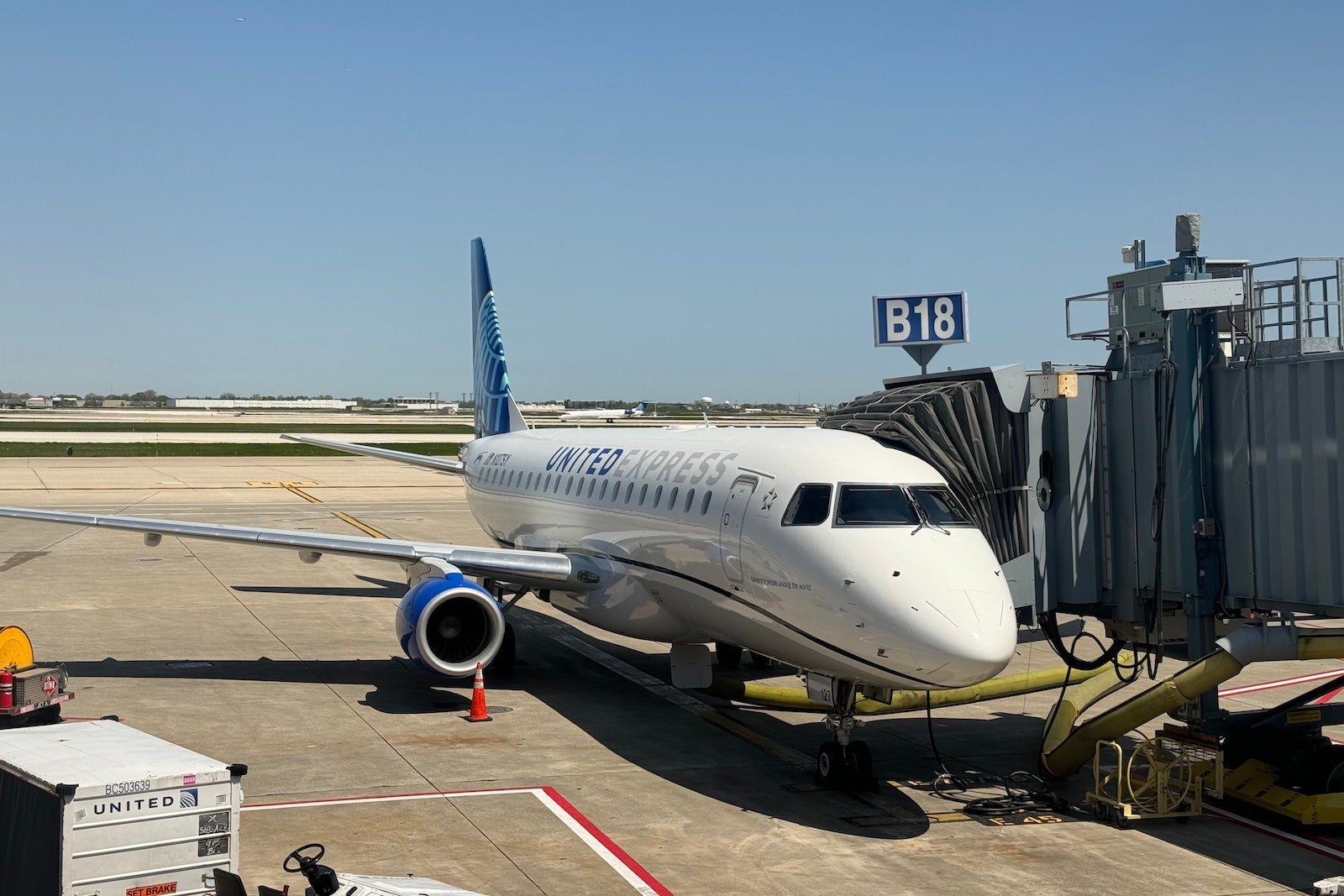
Delta Air Lines shuttered around 170 flights across its network. Around 80% of those cancellations were Delta Connection regional flights, according to data from FlightAware.
United Airlines published a list of every flight it canceled through the weekend and previously pledged not to cut longer international trips and flights from one continental U.S. hub to another.
What should you do if you're flying during the shutdown?
These FAA-ordered flight cuts have, of course, left passengers squarely in the middle of the fight on Capitol Hill.
And while there's no perfect solution to the uncertainty faced by travelers, here is our best practical advice if you have trips planned this weekend or in the coming days.
Keep an eye out for airline notifications
Be sure to pay careful attention to any email, text or mobile app communication coming from your airline.
On top of the flexible travel waivers issued by most carriers, many airlines have pledged to notify passengers about travel issues via email and mobile app push notifications.
Just like you'll see during a major weather disruption, you may be able to rebook yourself on a new flight in a matter of taps — no need to wait on hold with the airline.
United said it was able to rebook around half of its customers affected by weekend cancellations on a new flight within four hours of travelers' original departure.
Know that refund rules still apply
Keep in mind that under U.S. Department of Transportation policy, passengers whose flights are canceled or significantly delayed are entitled to a refund, regardless of the reason for the disruption, if they ultimately choose not to fly. If you're scheduled to fly this weekend and your flight gets canceled, you'll only get a refund if you choose not to accept a new rebooked flight from the airline.
Some airlines may offer expanded refund policies. United said that any passenger who prefers not to travel would be eligible for a refund if they cancel their trip, even if the flight is not affected by the cuts.
Consider your plan B
If I had a trip planned in the near future, I'd certainly be thinking through my backup plan — whether it's driving, taking a train or canceling my trip altogether — in the event that my flight gets canceled.
I'd be especially cautious when flying on an itinerary that includes connecting flights. After all, a two-leg trip essentially doubles your chance of falling victim to a cancellation.
In an unusual move, Frontier Airlines CEO Barry Biffle even suggested that travelers consider booking more than one flight.
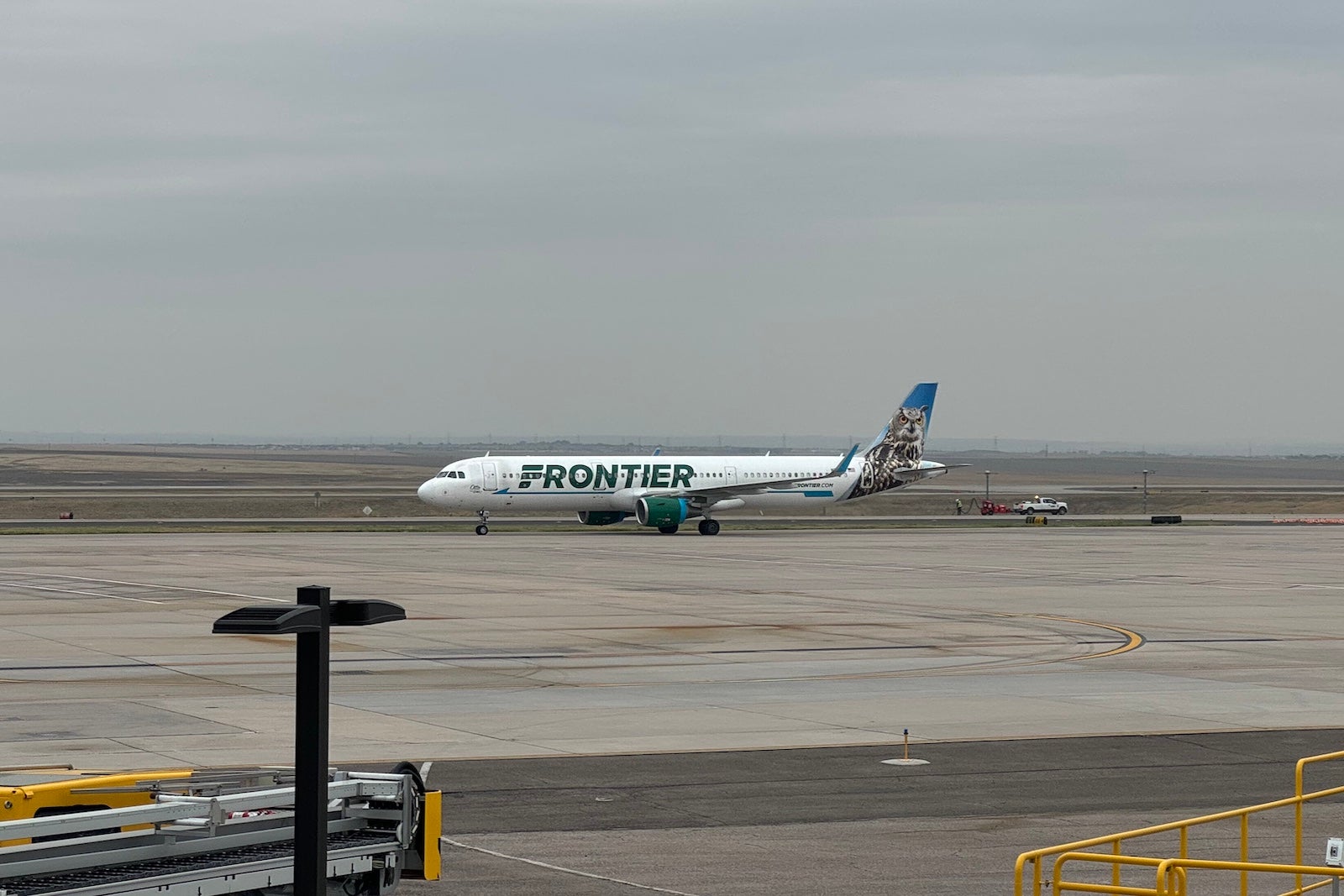
"If you are flying Friday or in the next 10 days and need to be there or don't want to be stranded, I highly recommend booking a backup ticket on another carrier," Biffle wrote in a social media post.
Travelers attempting to book a backup flight should make at least one of them a fully refundable ticket they can cancel if the other departs as planned. Note that most airlines allow travelers to cancel award tickets booked with points or miles without penalty.
Related: Flight delayed or canceled? Here's what to do next
Get to the airport early
Also plan on getting to the airport a bit earlier than you normally would. So far, wait times at Transportation Security Administration checkpoints have remained mostly on par with normal travel days.
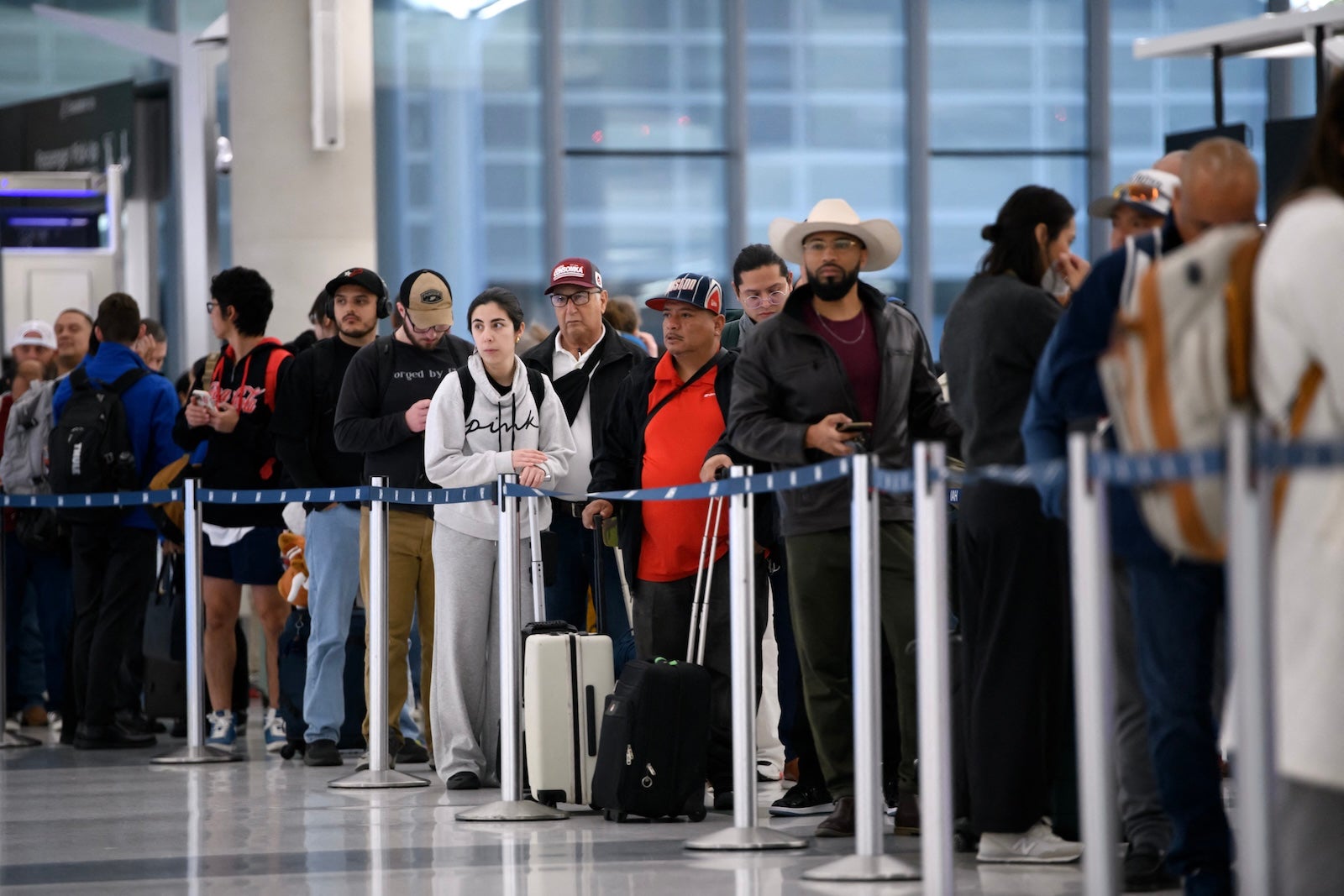
But with TSA workers also going unpaid, the lines can pile up, as we saw last weekend at Houston's George Bush Intercontinental Airport (IAH), which on Friday warned of potential hourlong backups in the coming days.
Who pays if you get stranded?
Because the flight disruptions technically aren't the airline's fault, it's likely airlines will not offer compensation for unexpected hotel nights, meals in the airport or taxis to and from your hotel.
"Airlines will be required to issue full refunds. They will not be required to cover secondary costs," the DOT confirmed Thursday evening. "This is the normal procedure when a delay or cancellation is not at the fault of the carrier."
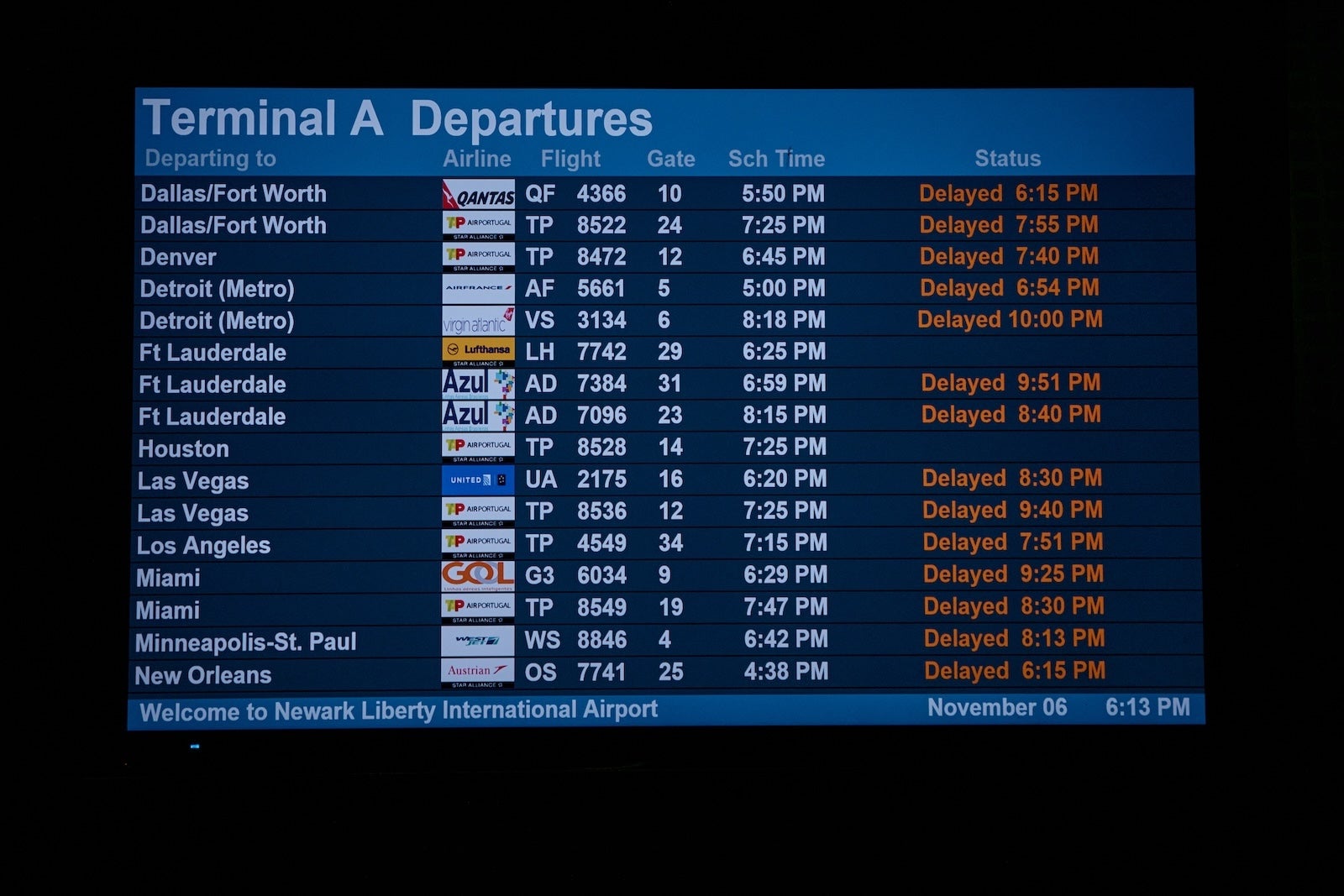
What does this mean for Thanksgiving?
Friday's mass flight cancellations came with just about two weeks to go until the unofficial start of the Thanksgiving travel rush — one that airlines are expecting to be a record-breaker.
And it proved to be just the latest in a series of frustrations for Americans as the longest government shutdown in history drags on.
"This simply is not sustainable," a trade group for the largest U.S. airlines said Friday. "Time is of the essence."
Related reading:

